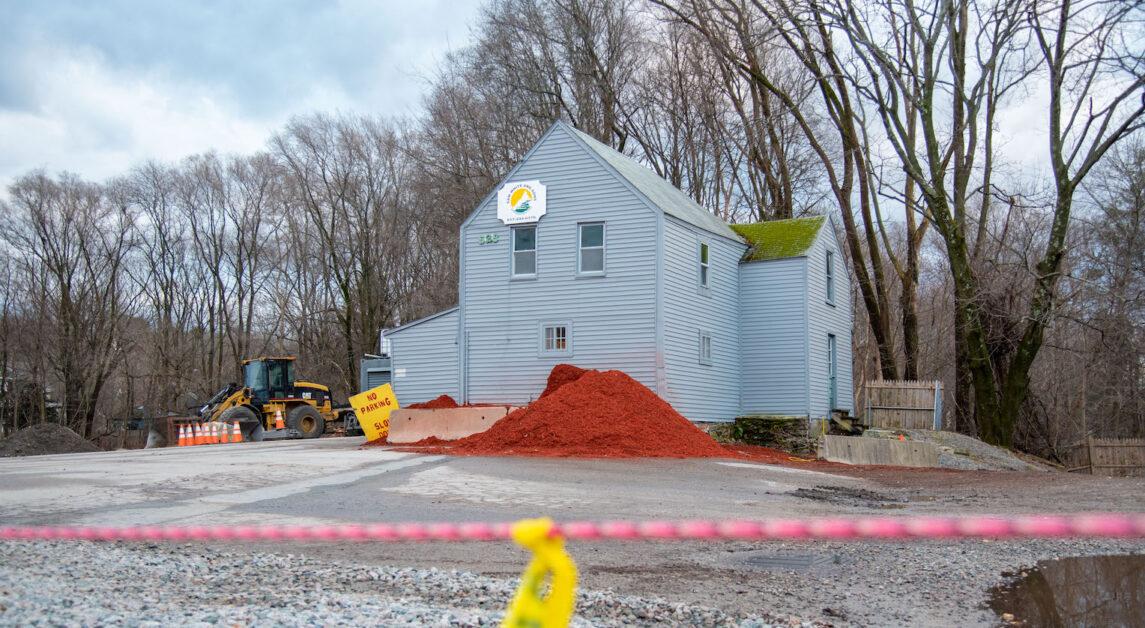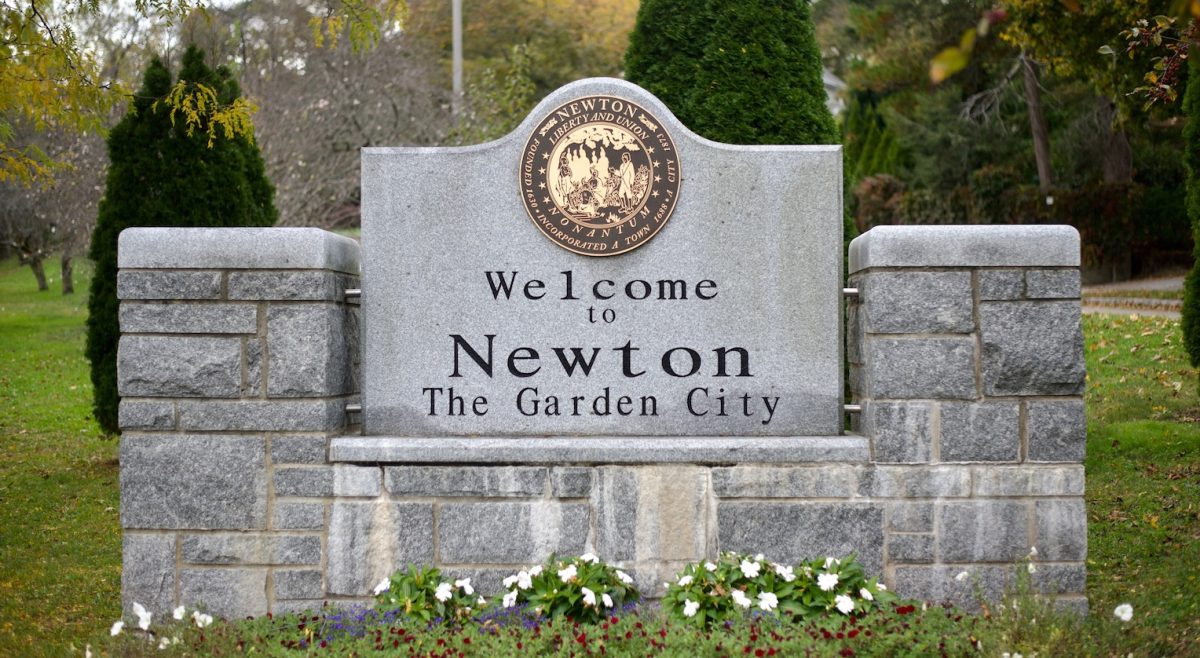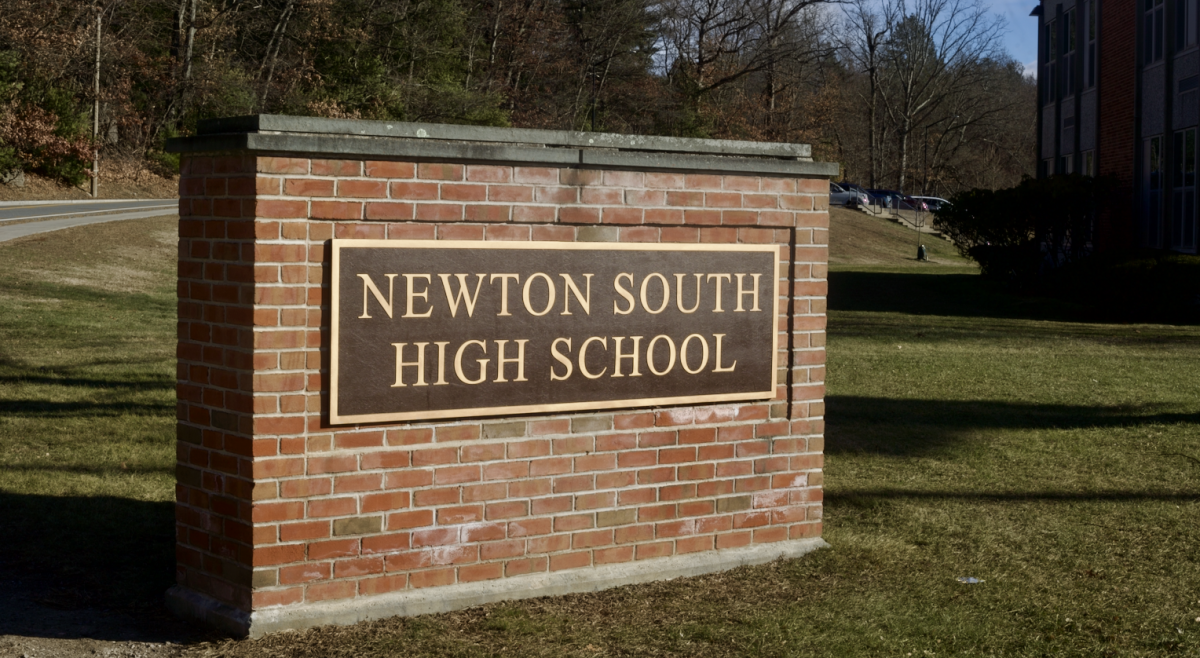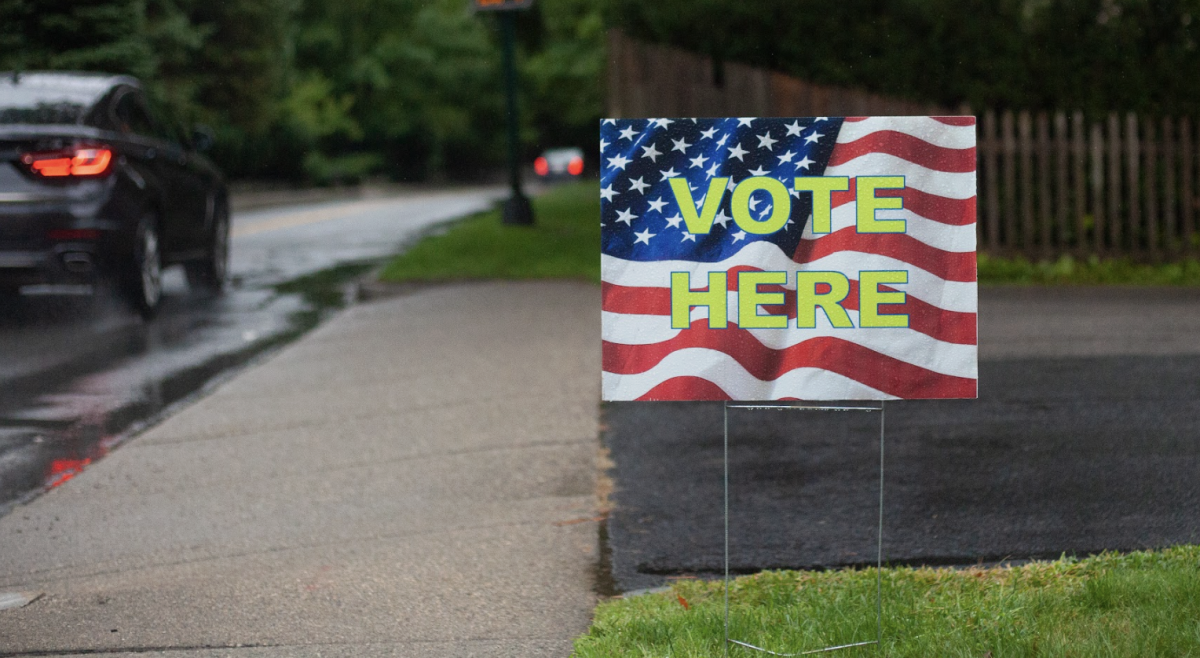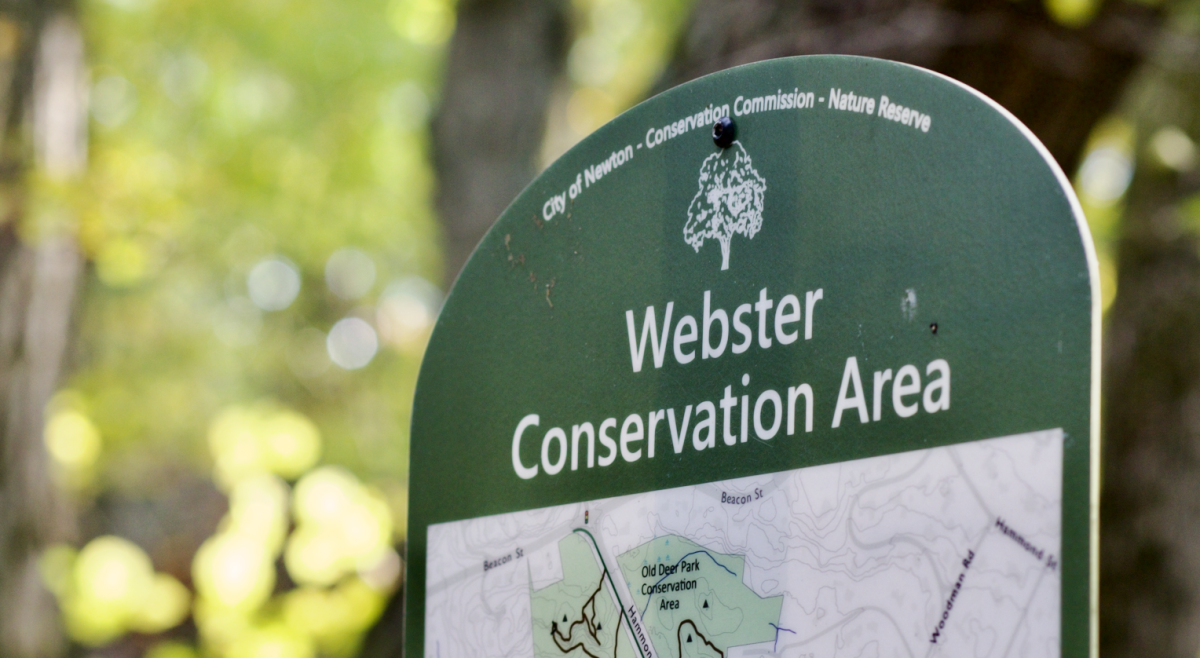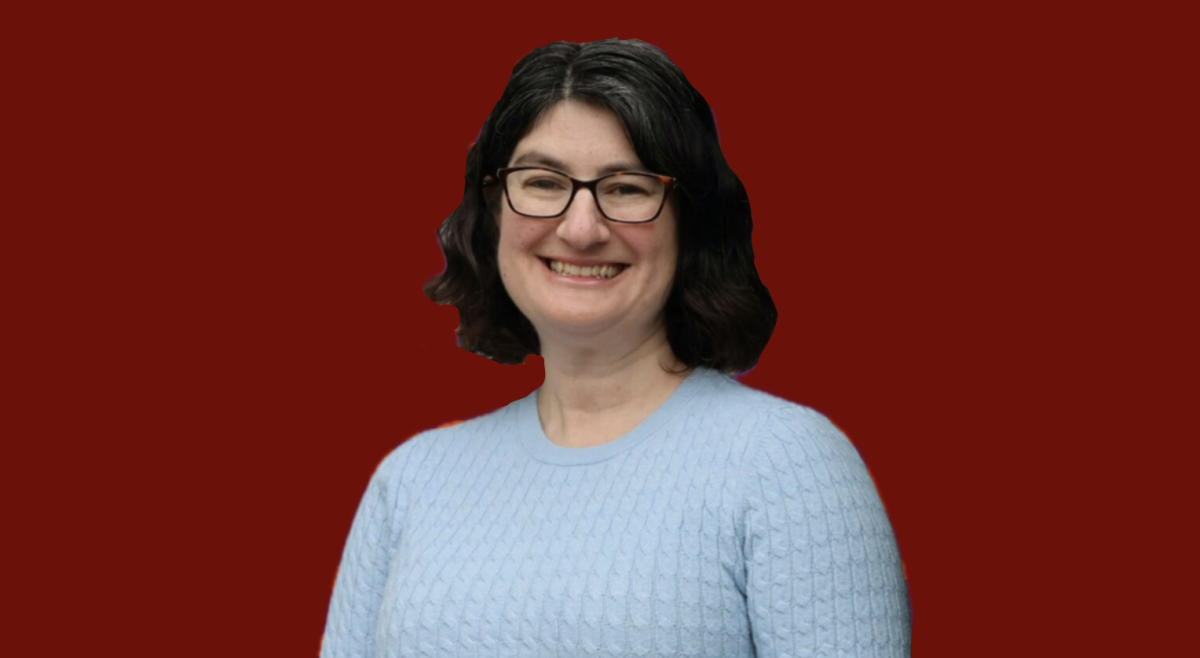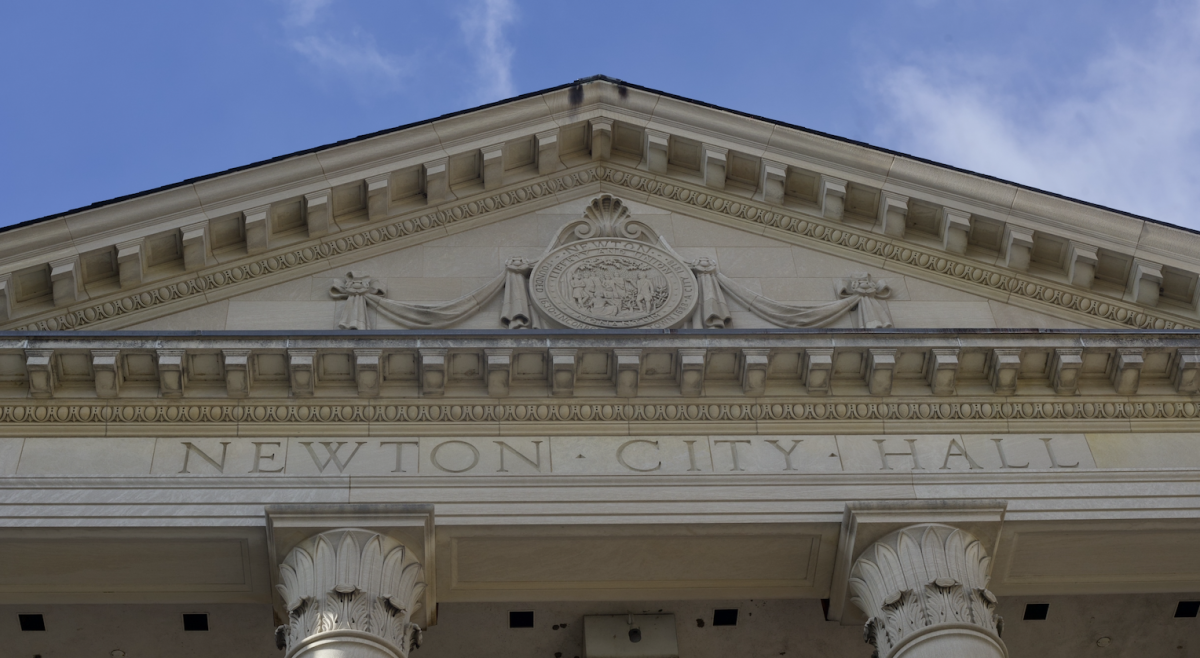A petition opposing current development plans to build a seven-story apartment building in Thompsonville describes the proposed building as too large for the landscape and unaffordable. At the time of publication, 804 people signed the petition.
“A family has to be making $110,000 or less in order to qualify for the housing and the housing is priced that way,” Jacob Silber, one of the founders of the petition and a Newton resident, said. “So when we think of affordable housing you know, when we think of people who … are making ends meet [at] $15 an hour jobs, these [units] are not going to be that.”
The development at 528 Boylston Street was proposed by the Pennsylvania-based Toll Brothers Apartment Living company and will contain 244 living units, according to the company’s presentation of the project.
Along with the living units, the company proposed adding 397 parking spaces to the development, which is a concern for the signers of the petition due to the potential for an increase in vehicle traffic, according to Silber.
“I’ve actually been involved trying to work with the state about reducing speed limits on Route 9 because there are very frequent accidents on Route 9 in that area,” he said. “And then, you know, again, the traffic, the addition of some 1,100 vehicle trips a day and 400 parking spaces.”
In response to the concerns of a dangerous spike in traffic, the petition calls for an independent traffic study to ensure the project does not cause local road traffic congestion and hazards or reduce safety in the area.
The Toll Brothers asked for zoning approval through the Massachusetts General Law Chapter 40B statute, which allows for a streamlined approval process because of the lack of local zoning scrutiny.
“Chapter 40B is a state statute, which enables local Zoning Boards of Appeals to approve affordable housing developments under flexible rules if at least 20-25% of the units have long-term affordability restrictions,” the statute reads.
Richard Lipof, vice president of Newton City Council and chair of the Land Use Committee, said that this process often leads to confusion among constituents.
“As the councilor from the area, what happens when a 40B comes is that your constituents call and say, ‘What are you going to do about this, councilor?’’’ Lipof said. “How are you going to fight for us?’ And I have to educate them on the fact that I don’t have a vote here.”
Due to the specific statute, developers who apply through 40B do not necessarily have to adhere to local zoning requirements, according to the commonwealth’s website.
Silber said the statute, while still overall positive, is not as effective as it may seem.
“The reality is that developers are only required to put in 25 percent housing that is ‘affordable,’” he said.
The project proposal marks 25 percent of the units as affordable, according to the organization’s presentation.
Affordable housing is reserved for tenants making up to 80 percent of the area median income, the city’s website says.
Lipof said in light of the 40B process, residents should continue to voice their concerns to try to inform developers of what is best for the surrounding area.
“Instead of just trying to make this go away, on a five-acre parcel plus or minus, that has rights in development, maybe you should work with the developer and try to make it as best as it can be for the neighborhood,” he said.
A public hearing before Newton’s Zoning Board of Appeals (ZBA) will take place after the Massachusetts Department of Housing and Community Development issues a project eligibility letter, according to the city’s website.
Lipof said when the meeting occurs, residents should submit public comments to work with the developers for the best outcome possible.
“So the best advice I gave—and some of them have been grateful—is that they have reached out, given their concerns, and those concerns that will be heard in a public hearing in front of the ZBA,” he said. “You know, a good developer is going to listen and they’re going to make some changes to try to help the neighborhood.”

